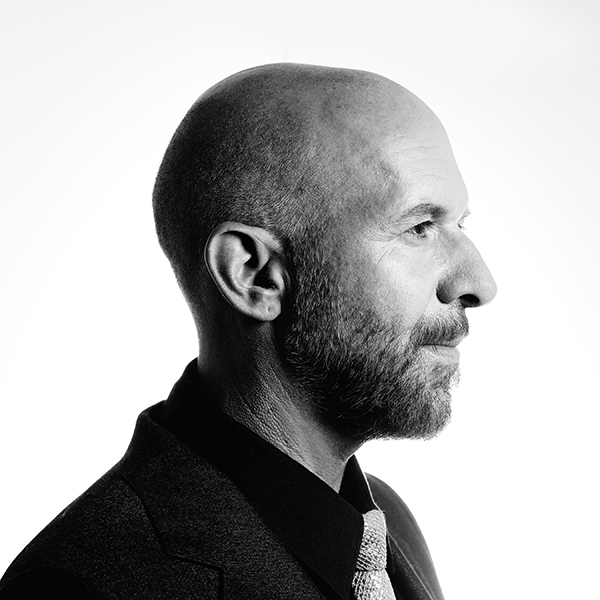 You don’t want to miss this episode with Neil Strauss, ten-time New York Times best-selling author, contributing editor at Rolling Stone, and a former music critic, cultural reporter, and columnist at The New York Times.
You don’t want to miss this episode with Neil Strauss, ten-time New York Times best-selling author, contributing editor at Rolling Stone, and a former music critic, cultural reporter, and columnist at The New York Times.
Neil did the Hoffman Process just before the pandemic hit in very early 2020. In this conversation, he weaves together pivotal moments of and insights of his Process with his deeper life insights. Neil talks about how doing personal healing work is often stigmatized. For him, doing healing work such as the Process is something important to share with others, something to wear as a badge of honor.
In this conversation, Neil and Drew cover a lot of territory on relationships, healing, writing, and the creative process. A prolific writer, Neil generously shares his writing process in depth. He shares how all four aspects of our Quadrinity can inform the creative process. Listening to this conversation is almost like taking a short writing class.
Toward the end, Neil turns the tables on Drew and asks Drew questions. Be sure to listen to the end for this fun back-and-forth between them.
Neil Strauss is a ten-time New York Times best-selling author; a contributing editor at Rolling Stone; and a former music critic, cultural reporter, and columnist at The New York Times where he won the ASCAP-Deems Taylor Award for excellence in music journalism. In 2018, he was honored with the Los Angeles Press Club’s Journalist Award for his Rolling Stone 50th anniversary cover story, “Elon Musk: The Architect of Tomorrow.”
Coaching and mentoring have always been a passion for Strauss. His love of learning and teaching propels him to speak at conferences around the world. He formed an exclusive, high-level, international personal growth, networking, and mastermind group called The Society International in 2011. The Society International continues to grow as a one-of-a-kind global group of like-minded people. Neil personally mentors its members, comprising award-winning artists, international entrepreneurs, tech CEOs, professional athletes, and visionaries who defy categorization.
Neil resides in Malibu, California. You can learn more about Neil here and here.
Hollywood hails him as one of the most sought-after ghostwriters in town. His books include The Dirt with Motley Crue, hailed by Q magazine as “the most unputdownable rock book of the year, or possibly any year,” while Publishers Weekly cited The Long Hard Road Out of Hell with Marilyn Manson as “possibly the highest-selling rock biography of all time.” A feature-length film of The Dirt was recently released on Netflix, directed by Jeff Tremaine, which propelled the book back into the New York Times bestseller list. His recent book collaboration, Kevin Hart’s I Can’t Make This Up: Life Lessons was both a #1 New York Times bestseller and topped the most downloaded audiobooks list at the same time.
In his own books, Strauss is renowned for going undercover to explore controversial subcultures. The Game and Rules of The Game, for which he went undercover in a secret society of pick-up artists for two years, topped The New York Times best-selling list and were #1 on Amazon. He then completely revamped his perceptions of dating and relationships when he went undercover to explore trauma, healing, and intimacy disorders with The Truth: An Uncomfortable Book about Relationships. In this best-selling book, he explores the hidden forces that cause people to choose each other, stay together, and break up.
Podcast: Download (45.9MB)
Subscribe: RSS
Letters Neil received from Process Graduates:
In the Process, students write letters to express gratitude to those who have supported them in their healing journey.
Carl R. Rogers:
American psychologist and one of the founders of the humanistic approach in psychology. “What is most personal is most universal.” ―
Post Induction Therapy:
“Post-Induction Therapy is a therapeutic modality developed by Pia Mellody in the 1970s. Specifically, Post-Induction Therapy treats the effects of childhood trauma and the resulting developmental immaturity and codependency. Post-Induction Therapy integrates elements of Gestalt Therapy, Family Systems Theory, Person-Centered Humanistic Therapy, and others.”
Neil on Relationships as Growth:
Is My Relationship Working? by Neil Strauss
Helpful aids that support more productivity, focus, and creativity:
Kitchen Safe and the Freedom app
Trauma & High School P.E.:
Articles: “Gym Class Trauma Leads to Future Health Problems“, “The Trauma of High School Gym Class”
Vicious Cycles:
A way patterns manifest in cycles and a tool to help disconnect from this cyclic nature of pattern activity.
De-tox from phone and media:
To get the most out of your Process, and to create an environment where each person gains the maximum benefit from their work, we require students to electronically and digitally disconnect from the outside world. Telephone calls, emails, and texting are not permitted, as well as connecting to the internet and other “outside” means of communication. Your family will be able to reach you if there is an emergency.